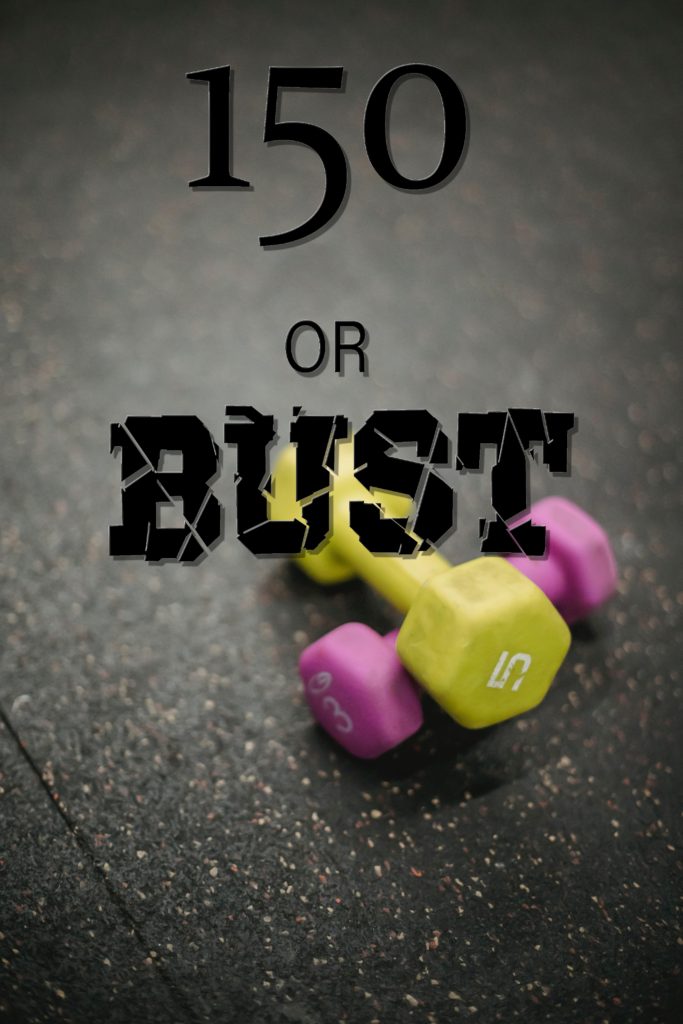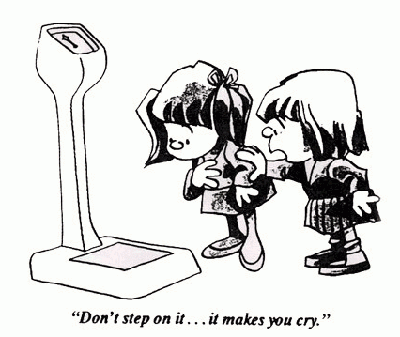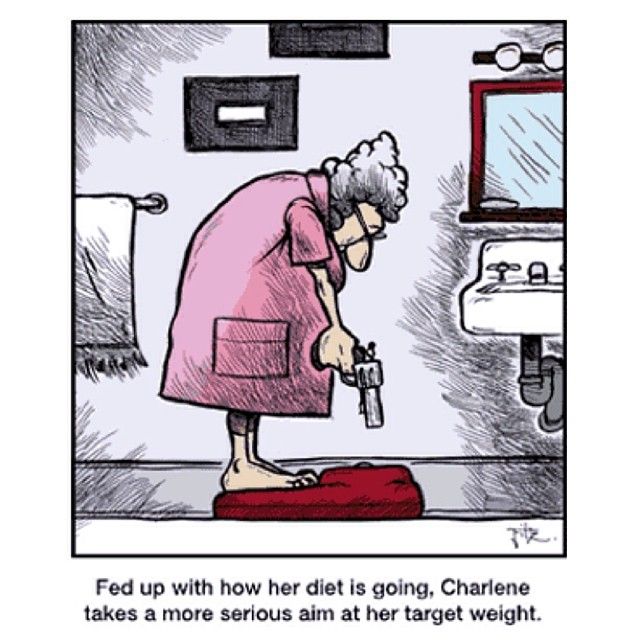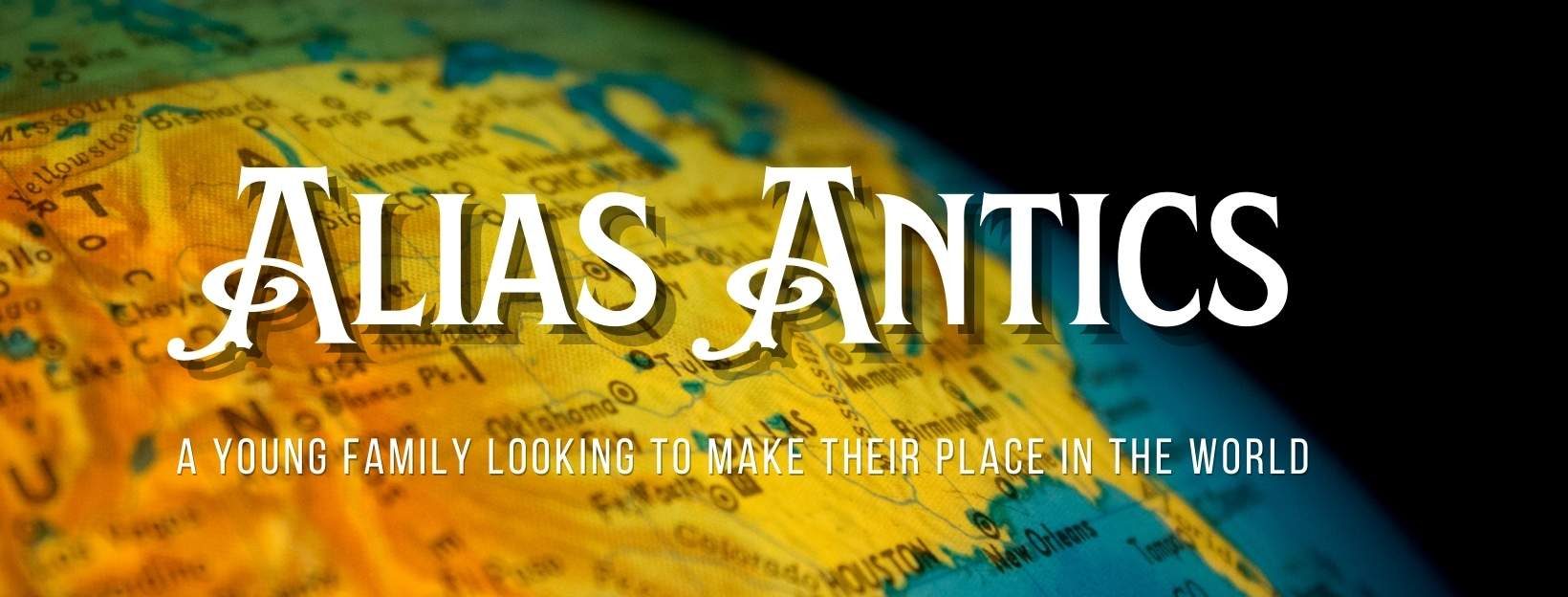
Trigger warning: this post mentions depression and suicidal ideation.
4 more weeks until I go under the knife for weightloss surgery. 27 days, 15 hours, and approximately 2 minutes. But who’s counting?
I feel like I’m writing one of those monologues that start with the record scratch and the narrator says, “Yep, that’s me. I bet you’re wondering how I got here?”
Well, how did I get here? Why am I choosing to have weight loss surgery? Isn’t it cheating? Don’t I have the willpower to lose it on my own?
Let me start answering these questions by sharing a bit about myself. I, like many millions (probably billions) of people, have struggled with my weight all my life. The reasons are many, and I’ll be going deeper into those reasons as my journey continues, but for now let’s leave it at that.

I was a normal size kid, but as I got older and puberty hit, I started getting heavier. Both my parents are obese, so I’m sure genetics plays at least a small part in it, but struggling with my weight so early in life left me with profound self loathing and non-existent self esteem.
By the time I reached my early 20’s, I weighed 304 lbs. I was miserable and unable to do a lot of the things my friends were doing. No, I don’t mean partying or dating. I mean hiking, biking, and shopping. I vividly remember going for a swim in Lake Erie and bawling my eyes out because it hurt so bad to walk on the rocks in the water.
At 23 I experienced my first suicidal episode, but as I held the razor in my hand and tried to talk myself into using it, something inside me snapped. I didn’t want to die, but I couldn’t live like this. Something had to give, and I wasn’t ready for it to be me.
I started researching like a mad woman. I’ve tried every diet known to man. I gained weight on Weight Watchers. I starved myself eating nothing but cabbage, or carrots, or apples. Atkins, paleo, keto, South Beach; you name it, I’ve done it. My parents even sent me to a fat camp when I was 12. But I had no idea how to actually choose the right foods for myself.
I found a website called SparkPeople. It’s called SparkAmerica now but I no longer use it, and that’s something else I’ll explain in later posts. It talked about doing a “lifestyle change” instead of a “diet.” Diets, they explained, don’t work because they’re not sustainable long term. You make the changes, lose the weight, go back to your old ways, and gain the weight back. Rinse repeat. But a lifestyle change is something you commit to for life. You don’t just give up chocolate for a month, you give it up forever. It’s something you hear all the time now but 13 years ago it was a very new concept.
So I committed, and I changed my eating habits overnight. I went to my kitchen and did a purge, throwing out anything that was remotely “unhealthy”. It was one of the best feelings I’ve ever had to throw all that junk away. That should probably have been my first clue that my weight problem wasn’t about the food, but I digress.
Then, I started exercising. It was summertime and where I lived the weather was in the 100’s regularly so I got myself a gym membership. And as I continued to eat cleaner and exercise, the weight started coming off.
At first it felt easy, even effortless. But as I continued to live this new lifestyle, the weight loss would slow or stop, and I’d get frustrated. So I’d cut back more on my calories, and I’d work out longer at the gym. By the time one year had passed, I was down to 204 (100 lbs lost!) But I was eating 1000 calories a day and working out 3 to 4 hours 7 days a week.
I was running, cycling, swimming, doing kick boxing, yoga, HIIT (high intensity interval training), and lifting weights progressively heavier. At one point I was able to bench press 300 lbs, which meant I could have lifted my original form. And I was doing all this while taking in only 1000 calories a day, which is the bare minimum needed to sustain life.

Obviously, this was unsustainable. After a year of living this way, I hit a wall. My weight loss stopped, and didn’t budge for a year. What’s more, I kept pushing myself harder and I started to suffer injuries. I’d go cycling and suddenly I couldn’t walk for 48 hours. Kickboxing would throw out my back. I once tripped during a run and my shoulder dislocated when I hit the ground. With every passing day my joints hurt more and more and I was getting splitting headaches.
But I was obsessed with getting that number on the scale to go down. Then at 25 I graduated college in the midst of the Great Recession, I was forced to move back in with my parents, and my severe depression put a stop to all of my weight loss efforts.
I was still maintaining at 204 lbs, but my once strict regiment started to relax. I met and married Mr. Alias, and we decided that we wanted to start a family. Again, I’ll go into much more detail about this down the road, but we suffered from infertility and ended up needing IVF in order to conceive.
The hormone shots, the frequent trips to the doctor, and the financial stress did a number on us both, and in the process I ended up gaining back 30 lbs. Thankfully, it only took one IVF cycle for us to have our little boy, and I managed to maintain my weight throughout the pregnancy and left the hospital weighing 212.
Then, over the course of about five months, my weight exploded. I suffered from post partum depression and I received therapy and medication for it which can account for some of the gains, but at the end of the five month period I was up to 283 lbs. A gain of 70 lbs, despite dieting and exercise!
We knew something had to be wrong, so I went to my doctor and went through a battery of tests. It was discovered that I have a small, benign tumor on my pituitary gland. These kind of tumors are fairly common, and in some cases they can effect the hormones in your body. My tumor effects my thyroid and growth hormone.


Your thyroid (TSH) and the amount of growth hormone (GH) in your body determines how well your metabolism works and a whole slew of other things. For a long time scientists felt that growth hormone is only important when we’re children, but more recent studies show that it’s important throughout our lives. Without it, you can experience premature aging, infertility, and slow recovery from injuries. And I had none. Zip. Zilch. Undetectable by blood tests.
So what happened was that I had this tumor for my whole life most likely, and my body was doing its best to still produce the hormones I needed. But when I got pregnant, my baby’s placenta was producing these same hormones, and so my pituitary sort of…shut off. Then, I gave birth but my pituitary remained shut off, and as a result I started packing on the pounds.
Thankfully, there is hormone replacement therapy for people like me. And so over the course of about two years, we were able to get my levels back up to where they should be.
So we got the green light to try for another baby! We had moved from northern California to Southern California by this point, so we couldn’t go back to our original doctor for IVF, but we went to one that came highly recommended. We had good results, and came through the process with five healthy and genetically normal embryos.
But I miscarried every single one of them.
We’ll never know why. That’s the hardest part of losing a baby, but I plan to speak a lot more about our experiences with infertility, miscarriage, and our decision to stop trying and remain a family of three in other posts. Needless to say, we were devastated.

The thought of weight loss surgery had always been in the back of my head for nearly the last 10 years. My mother had begun the process and I was so against it that I convinced her not to go through with it for fear that she would die. But I had made those arguments in ignorance, knowing close to nothing about the procedures themselves.
On Halloween night of 2020, my dad suffered a massive pulmonary embolism and was given a less than 30% chance of surviving. Miraculously, my dad survived, but it served as a big eye opener to me.
Both sides of my family have a history of heart disease and stroke. Both my parents are in their early 70’s and their health is failing. I don’t want to follow in their footsteps and leave my son without a mother in his early 40’s. I knew I had to make a serious, permanent change if I want to break this cycle. I still suffer frequent injuries, so I knew it had to be something I could do without being as active as I was before. I know I can lose the weight, but I need help to keep it off for good.
So I started researching. I joined a support group and spoke to everyone I could. I read medical studies and researched doctor’s practices paying close attention to what procedures they do, how effective they are, and how well their patients are maintaining their weight losses 10+ years out.
Contrary to what I thought, the vast majority of people who go through with bariatric surgery (not including the lap band) will not regain all the weight they had prior to surgery, but they can expect to regain about 30%. So if someone has gastric bypass (rny) and loses 100 lbs, they could expect to regain about 30 lbs over several years. The only stories I found where the person either didn’t lose as much as they wanted to or regained more than 30% were those who didn’t follow their doctor’s recommended lifestyle changes.
I researched and thought about it for an entire year before I decided to start the process. I jumped through all the hoops my insurance wanted me to and I was eventually accepted into the bariatric program at UCLA, one of the highest rated surgeons in the country will be performing my vertical sleeve gastrectomy (vsg).
During this process, I’ve also managed to lose 30 lbs on my own over the past 6 months. Nearly every time I share that fact, I’m hit with “maybe you don’t need the surgery.” No, I do. Because I’ve got 100 more lbs to go. I’ve walked that road before, and I know I don’t want to fall into the same pitfalls I did before. I need the help of a doctor, a dietician, and a support group. I need to work on the real reason why food became my comfort. I need to change my relationship with food and myself. I know I can lose the weight the wrong way. For me, this is the right way.
I applaud anyone who takes the “hard” way to lose weight, but having bariatric surgery is far from “easy”. This is going to be one of the hardest things I ever do in my life, and I don’t want to go through it alone. I want to help others who are struggling to better their health with or without surgery. So please join me on this journey.


Where I’ve been, and where I hope to be in 1 year.
